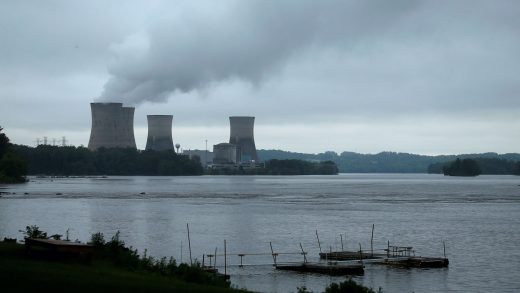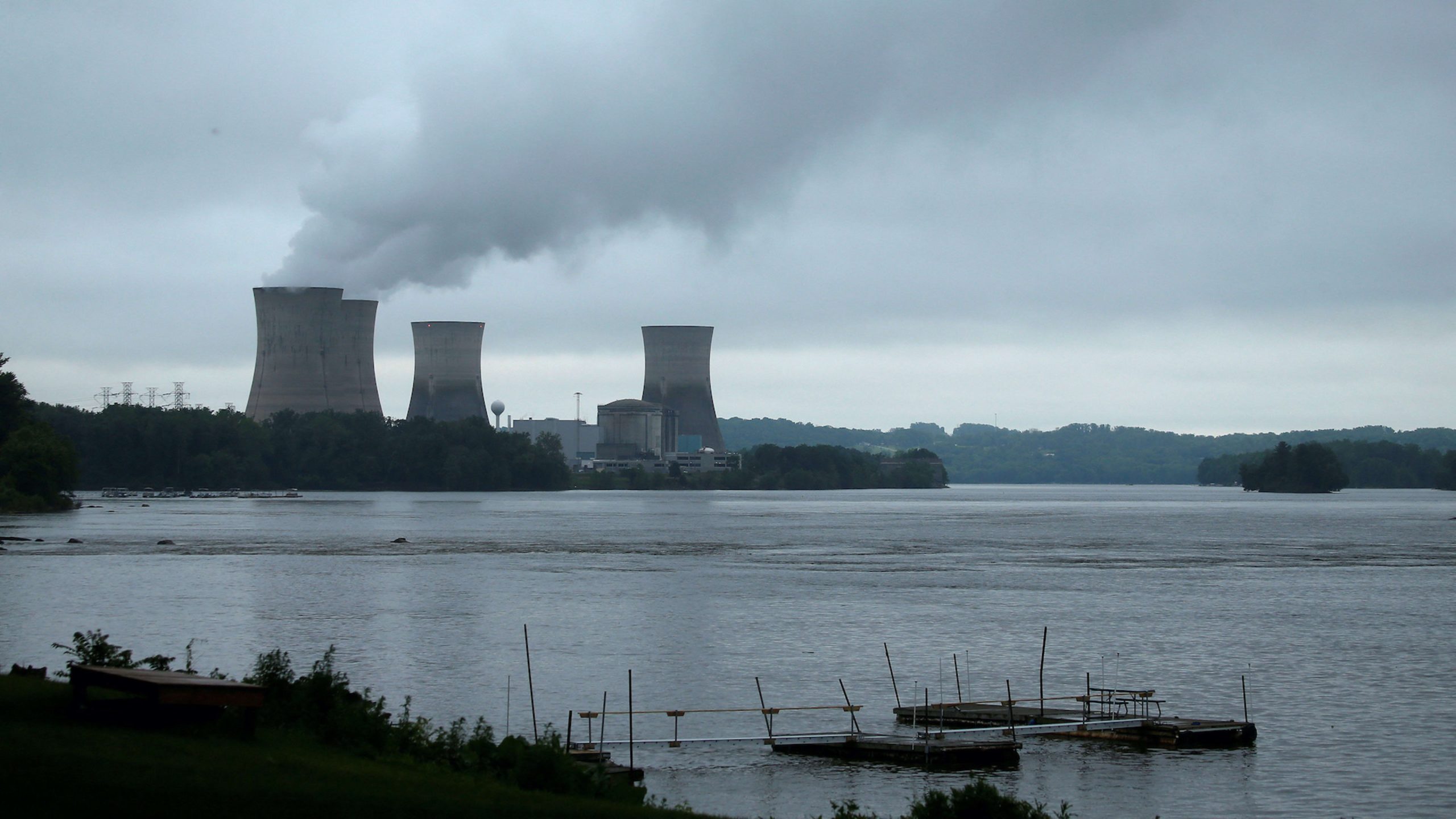Closed nuclear power plants may reopen to help reach emissions goal, energy chief says
Closed nuclear power plants may reopen to help reach emissions goal, energy chief says
About a dozen U.S. reactors have closed since 2013, due to competition from natural gas fired power and increases in safety costs.
BY Reuters
The United States could revive some of its recently retired nuclear power plants to help meet rising demand for zero-emissions electricity, or add reactors to existing sites, Energy Secretary Jennifer Granholm said in an interview.
The administration of President Joe Biden believes nuclear power is critical to meeting greenhouse gas reduction goals and decarbonizing the economy by 2050 to fight climate change, but the industry has been hindered by the high cost of new construction.
“I do think they can come back,” Granholm said about some shut nuclear plants, in an interview late on Tuesday.
The Department of Energy’s Loan Programs Office (LPO) in March issued a $1.52 billion conditional loan to Holtec International to reopen the shut Palisades reactor in Michigan, which could become the first nuclear plant in the country to restart after being shuttered. The plant, which closed in 2022, now needs approval from the Nuclear Regulatory Commission, which oversees nuclear safety.
Granholm said she would be surprised if the LPO wasn’t talking to operators of other shuttered plants around the country about reopening as well. She did not name any, and said she is not involved in LPO’s talks.
The LPO does not reveal the status of loan applications.
About a dozen U.S. reactors have closed since 2013, due to competition from natural gas fired power and increases in safety costs. Some of those are too far into decommissioning to restart.
Granholm said U.S. nuclear energy capacity could also be expanded in a cost-effective way by building new reactors at existing sites. She said about 30 power plant sites across the U.S. have been licensed or permitted for the construction of more reactors.
“So you don’t have to go through the whole rigamarole again, you can just use the existing footprint to be able to increase generation capacity,” she said.
Joseph Dominguez, CEO of Constellation Energy, the U.S. company with the most nuclear power generation, said in an earnings call last month that restarting its Three Mile Island Unit 1 reactor in Pennsylvania would be one of a number of opportunities the company would think about after Palisades got its LPO loan.
The unit, which is separate from a reactor at Three Mile Island that in 1979 went into a partial nuclear meltdown, closed in late 2019.
Constellation did not immediately respond to a request for comment.
Nuclear power critics say it’s too expensive and too slow to build new reactors, compared to wind and solar farms paired with battery storage, and note that it generates long lasting radioactive waste.
Two new reactors at the Vogtle plant in Georgia that opened in 2023 and 2024 were years behind schedule and billions of dollars over budget, with consumers bearing some of the costs.
No U.S. reactors are now under construction.
Granholm pointed out that the second new Vogtle reactor was 30% cheaper than the first because of lessons learned.
She also said that some heavy users of electricity could be willing to pay a “green premium” for nuclear power because reactors generate virtually emissions-free electricity, and they are considered a source of dependable power.
-Timothy Gardner, Reuters
Valerie Volcovici
(18)



